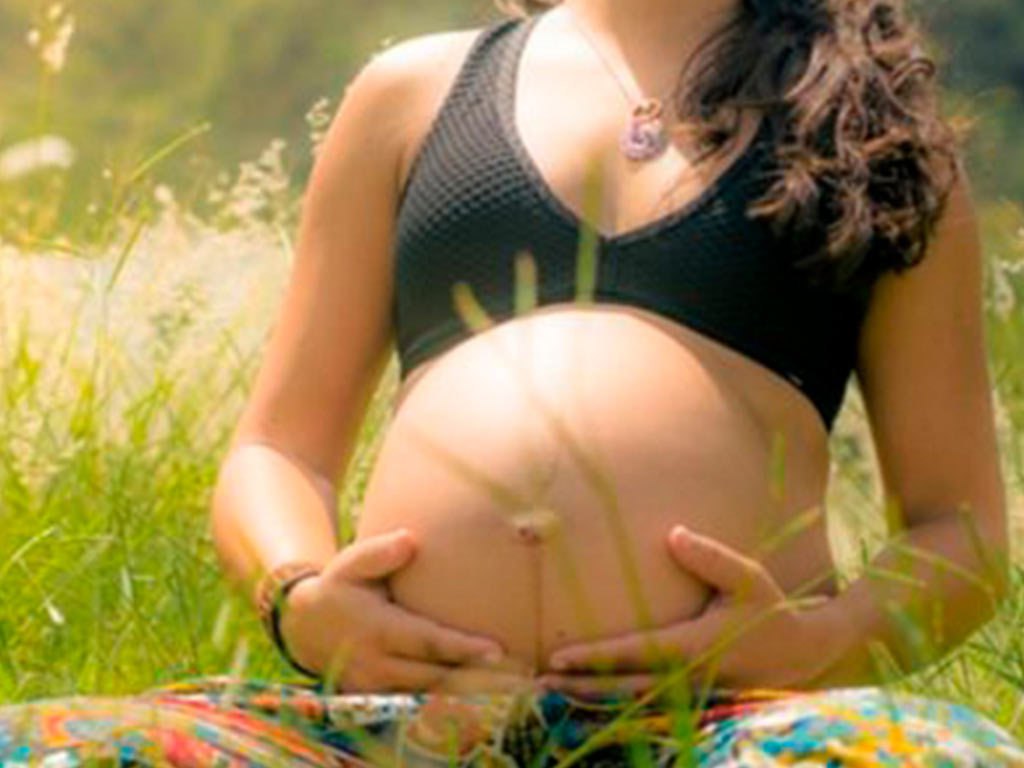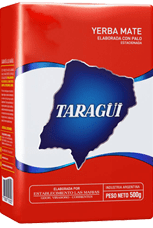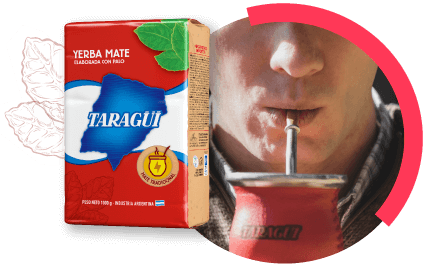
Yerba Mate and Pregnancy

Since mate is a beverage containing caffeine, it is necessary to evaluate its consumption during pregnancy, especially in South American countries such as Argentina, Brazil, Paraguay and Uruguay; where this infusion is part of the daily life.
Pregnancy and Caffeine
Caffeine is a substance that acts as a stimulant of the central nervous system, producing a state of alertness and a temporary elimination of fatigue. Caffeine is not only present in coffee. It is also found in chocolate, tea, sodas, energy drinks and to a lesser extent, in yerba mate.
Almost by consensus, pregnant women are advised to decrease (and in some cases, eliminate) caffeine from their diet. There are scientific studies that indicate that the consumption of caffeine exceeding 200/300 mg is associated with low birthweight in newborns. Another negative effect of caffeine is the increased production of gastric juice, which can worsen the sensation of acidity for the pregnant woman.

How to drink mate during pregnancy?
According to nutritionist Julieta Lupardo (Halitus Medical Institute, Buenos Aires), the consumption of caffeine for a pregnant woman should not exceed 200 mg per day, not only as coffee but any other caffeinated beverages. Mate “cebado” (dried leaves in a gourd with hot water) provides between 125 and 175 mg of caffeine (three tablespoons of yerba and half a liter of water). In the case of boiled mate, for example, a tea bag in a cup of water can contain between 15 and 20 mg of caffeine.
“As long as quantity is controlled, mate should not be a problem during pregnancy; but it is important to take into account other sources of caffeine so the future mother does not exceed the allowable amount per day.”
Thus, a pregnant woman can drink a cup of boiled mate (the variety with chamomile and anise may bring extra benefits) or even an occasional mate with a gourd (not exceeding half a liter); as long as other caffeinated substances are limited.

Healthy Habits for the Pregnant Woman
It is always advisable to adjust the daily habits based on the health of the baby. These are some beverages (besides water, which is essential) that the pregnant woman can drink: Natural juices, decaffeinated coffee and tea, light or diet sodas (only from time to time), milk, alcohol-free beer… and of course, yerba mate! The most important thing is to have a conscious and moderate diet, closely monitored by a trusted specialist.


